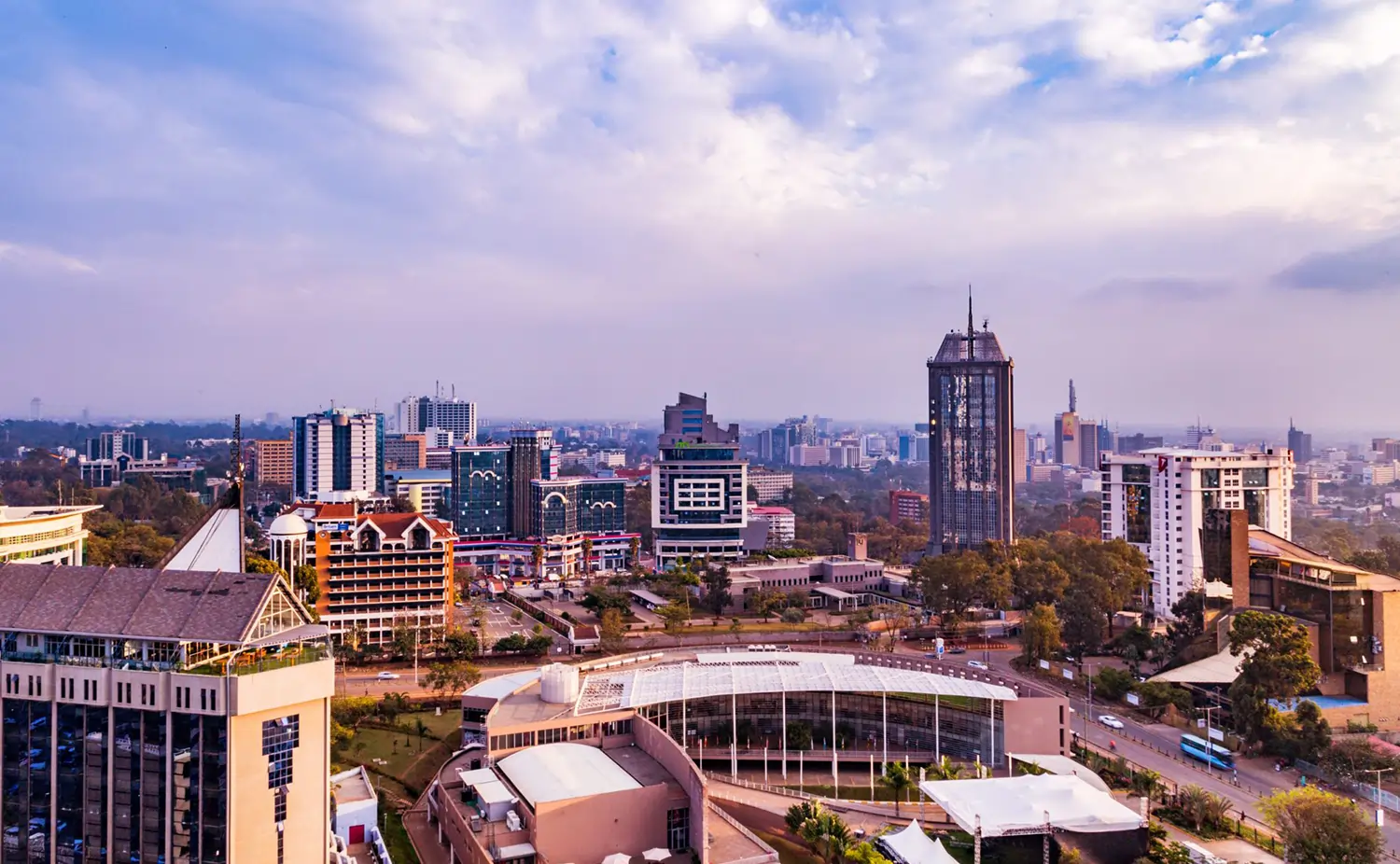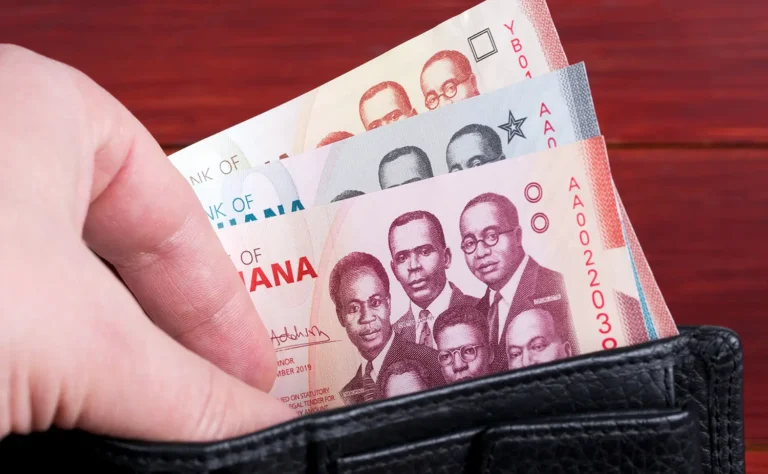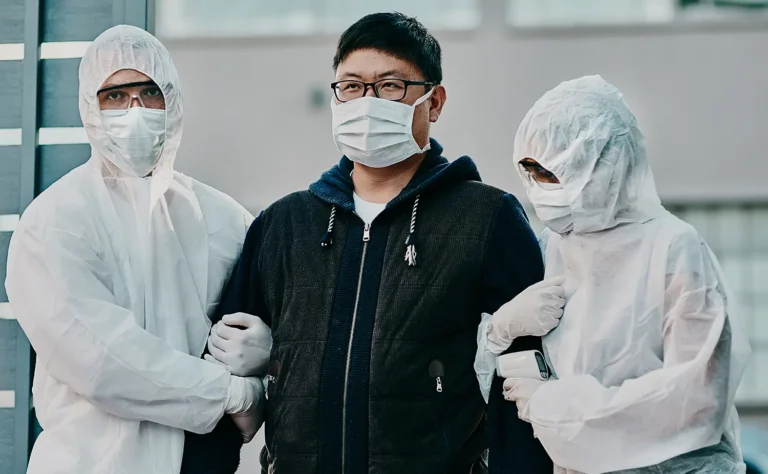In a major policy shift intended to increase Kenya’s food security and control skyrocketing costs, the Cabinet of Kenya has opened up billions of dollars for businesses in the genetically modified organisms (GMO) sector. Due to a prolonged drought brought on by the lack of rain for four consecutive seasons, over 4 million people in Kenya are currently experiencing severe acute food insecurity (IPC Phase 3 or above). The 2012 ban that prohibited the importation or open production of GMO crops was lifted in October under the direction of President William Ruto, making Kenya the second country on the continent after South Africa to permit biotechnology foods.
The National Biosafety Authority’s guidelines and recommendations from a task force on genetically modified crops and food safety served as the basis for the decision, according to a dispatch from Kenya’s cabinet to the media. The task force’s final report was not made public when it was created in 2013 and finished its work a year later.
While some have applauded the decision, opponents of genetically modified crops have condemned it, citing safety concerns for both the environment and human health.
The United States Department of Agriculture, Foreign Agriculture Services predicted that Kenya will need to import 700,000 tonnes of maize in 2022–2023. The production of maize in Kenya is anticipated to be slightly higher, but the growth in output will not be enough to meet the demands of the nation.
Kenya is among the largest importers of maize into Sub-Saharan Africa. According to data from the International Grains Council, the nation’s anticipated maize imports of 700,000 tonnes represent 21% of the region’s anticipated maize imports of 3.4 million tonnes in the 2021/22 season. Zimbabwe, Botswana, Mozambique, and Namibia are additional typical maize-importing nations.
The fact remains that in order for Kenya to combat the detrimental effects of food scarcity and hunger faced by the 4.1 million people within the country, drastic measures have to be taken to ensure a steady food supply and to offset the unpredictable effects of climate change. In a similar vein and in spite of the opposition, a World Bank Policy research report stated that GM cultivars “offer a powerful tool for nutritional enhancement that may save lives (Golden Rice) or help poor farmers adapt to climate change through faster integration of genes for drought and flood tolerance.”
What role does Ukraine play?
Ukrainian grain exports have been significantly interrupted ever since the Russian invasion of Ukraine began in February 2022. Russian military ships have been obstructing Ukrainian ports in the Black Sea for more than four months.
An agreement was reached on July 22, 2022, between Turkey and the United Nations to launch a secure marine humanitarian corridor in the Black Sea (the Black Sea Grain Initiative). Since then, more than 400 ships carrying grain and other supplies for food have departed from Chornomorsk, Odesa, and Yuzhny/Pivdennyi, three Ukrainian ports.
Despite the fact that opening up the maritime export channel has contributed to improved grain prices and a reduction in the global food security issue, there are still large export backlogs.
The Black Sea Grain Initiative supplied 66% of its wheat to developing nations. On the other hand, maize is primarily exported to developed nations, where it is utilised to produce food (i.e. livestock feeding), and accounts for only 35% of Ukraine’s maize exports to underdeveloped nations.
A quarter of all food export cargo has been shipped to nations with poor and lower-middle incomes. Egypt (8%), India and Iran (4% respectively), Bangladesh, Kenya and Sudan (2% respectively), Lebanon, Yemen, Somalia, Djibouti (1% respectively), and Tunisia round out the top ten (<1%).
According to the Food and Agriculture Authority (AFA), Kenya imported oil seeds worth 1 billion shillings (about $8.5 million dollars) from Ukraine in 2021, as well as maize and wheat worth $136 million dollars from Russia, all of which were affected by the conflict.
“The country suffers an acute wheat shortage after Russia suspended exports of some agricultural commodities, including wheat. With the reduction in the quantity of wheat imported into the country due to the conflict, wheat prices have more than doubled,” the AFA stated. Kenya depends on oilseed imports from the two countries, primarily from Ukraine, according to the agency’s summary of findings.aking
Kenya has therefore opened doors to numerous commercial links that were previously closed to them, particularly those with established trading ties throughout Africa, by easing prohibitions on the importation of GMO food. Although relying on imports from war-torn nations to maintain food security might place Kenya in a predicament, the country will support Ukrainian efforts while taking the necessary measures to care for its inhabitants amid a period of famine and exorbitant food prices.

Kenya's Cabinet has unlocked billions for the GMO sector in a bid to boost food security and address soaring costs. With over 4 million people facing severe food insecurity due to prolonged drought, this policy shift aims to combat the crisis and improve agricultural resilience. #Kenya #FoodSecurity #GMO #Agriculture





